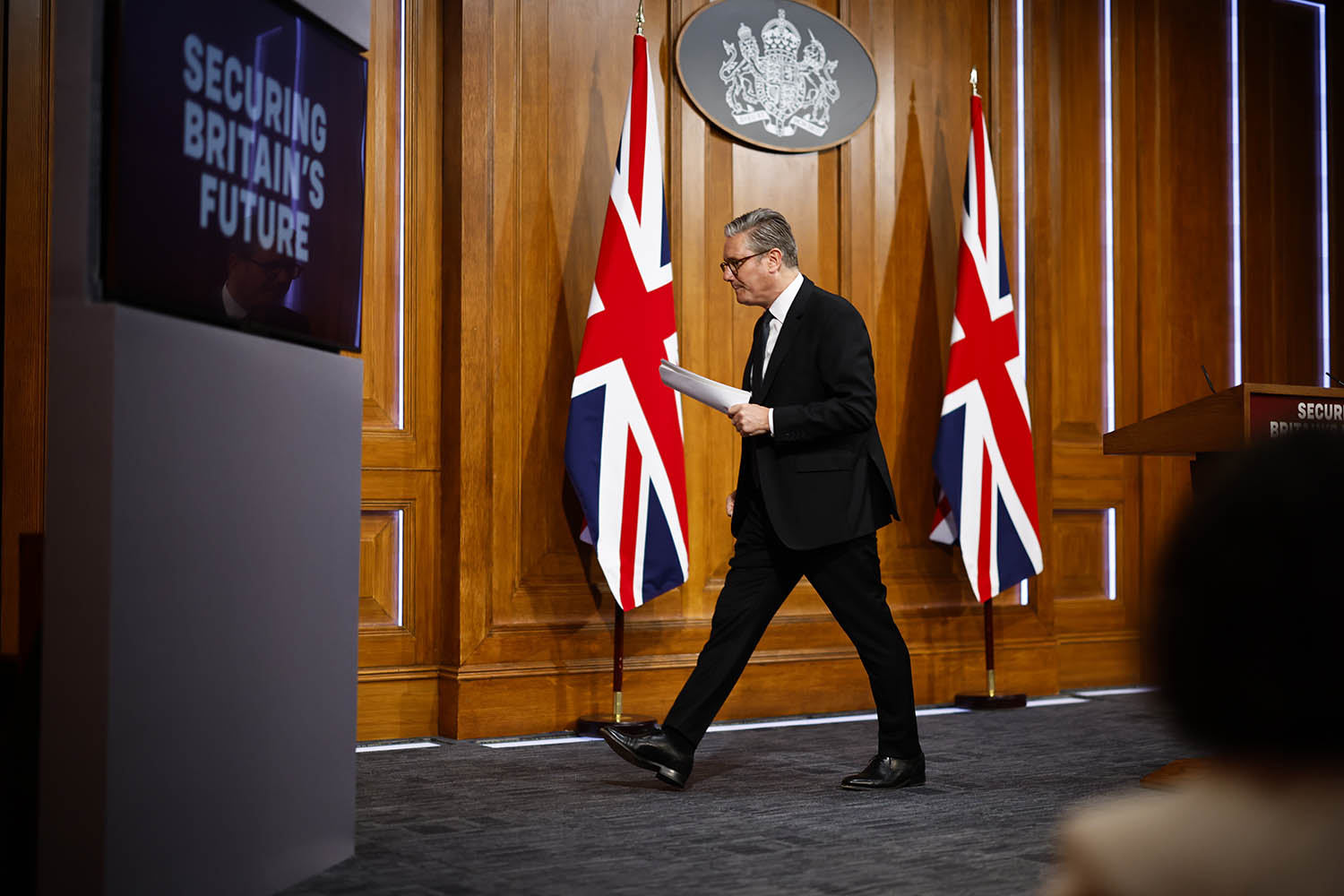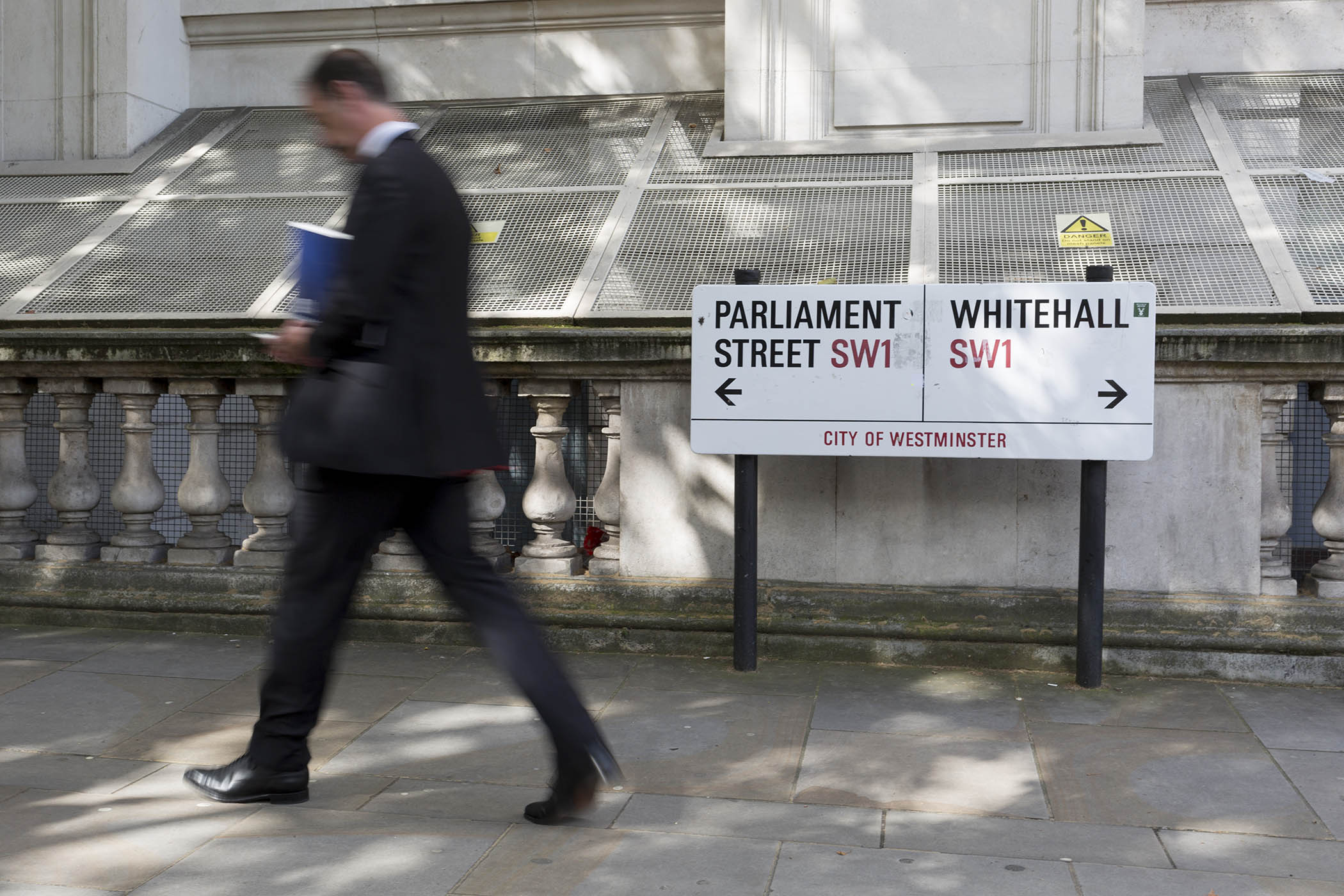Keir Starmer’s first year in Downing Street has been difficult and costly, and he knows it. He is careful by nature, so there is no reason to doubt his admission that he deeply regrets a speech on immigration in which he warned that the country could become an “island of strangers”. This was an important statement, intended to draw a clear line between Labour and an opposition lurching towards populist insurgency and between his own agenda and that of advisers paralysed by fear of the insurgents.
Starmer has yet to catch on as a brand. If he were a new technology he would be stuck, in the language of the Gartner hype cycle, in the trough of disillusionment. His approval ratings are at record lows. Voters’ and Labour MPs’ anger over his welfare reform plans has proved impossible to ignore. Sympathy for his government’s fiscal straitjacket is minimal.
And yet his Commons majority remains formidable. The Conservatives are excelling only at self-parody. Reform UK’s five MPs are as furious with each other as they are with the world. Only one year of this parliamentary term has elapsed. Starmer has plenty of time to take stock and to restate who he is, why he deserves to wield power and what his party stands for.
The speech in which he said Britain risked becoming “an island of strangers” was condemned not just for seeming to mimic Enoch Powell’s 1960s xenophobia, but as a dog-whistle to supporters of Nigel Farage. By apologising for it, as he has in The Observer, the prime minister is effectively rejecting the idea of chasing Reform votes as a strategy. Morally and politically, this is the right course. It’s also good policy.
Arguments about immigration don’t sit naturally at the heart of the debate about how to govern Britain. They were put there in 2010 by David Cameron when he undertook, for party political reasons, to cut annual net migration to “the tens of thousands”. It has become ever clearer since then that bearing down on immigration as an end in itself hurts the NHS, the care sector, global competitiveness, the wider economy, culture, creativity and cohesion. It fosters a reactionary politics, too, but that is no reason to let the reactionaries intimidate people who are thoughtfully trying to run the country.
Starmer says the offending section of his speech “wasn’t right”. Now he needs to spell out his view of what is right, not as an ex-prosecutor but as captain of Team GB. People can see that he is highly competent and given to hard work. But, as he’s learning, the prime minister is judged on more than just delivery: people need a sense of what he is for and why. In his comments to this paper, he does more than apologise for his use of the clunking phrase. He promises that Labour will join the battle for the heart and soul of this country as a “progressive political party”. First, he will have to define what that means. Then, it must be hoped, this will set the course for his second year in No 10.
Starmer sounded intimidated when he read out his “island of strangers” speech. It turns out he was exhausted and distracted, and had not been through it with the red pencil it deserved. Having been honest enough to admit this, he will need, over the summer, to consider another admission – that he’s too private.
Over the past year, the Starmers have had to cope with the death of the prime minister’s brother after struggles with learning disabilities and cancer, and a series of security scares, including the firebombing of his north London home.
He has not talked publicly about either of these trials until now, and the value he attaches to his privacy is understandable. But he has a country to lead and a political project to articulate. If he cannot make his case based on personal conviction, others will look to define the Starmer project and set the terms of political debate – and not necessarily in his own words.
Photograph by Tolga Akmen/EPA/Bloomberg via Getty Images
Newsletters
Choose the newsletters you want to receive
View more
For information about how The Observer protects your data, read our Privacy Policy



